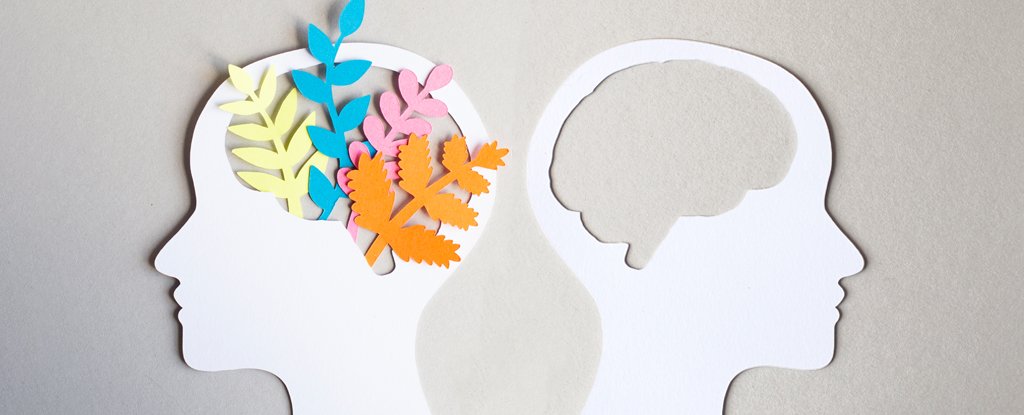Products You May Like
Not everyone can see pictures in their minds when they close their eyes and summon thoughts – an ability many of us take for granted.
While people have been aware of this phenomenon since the 1800s, it hasn’t been widely studied, and was only recently named ‘aphantasia’. This absence of voluntarily generated mental visual imagery is thought to be experienced by 2-5 percent of the population.
Recent studies suggest aphantasia is indeed a lack of visual imagery rather than the lack of awareness of having internal visual imagery – with some people experiencing loss of this ability after injuries.
Now new research has revealed that aphantasics also have other cognitive differences.
“We found that aphantasia isn’t just associated with absent visual imagery, but also with a widespread pattern of changes to other important cognitive processes,” said cognitive neuroscientist Alexei Dawes from Australia’s University of New South Wales (UNSW Sydney).
Dawes and colleagues asked 667 people (267 of them who self-identified as having aphantasia) a series of eight questionnaires on visualisation, memory, dreaming, and response to trauma.
This included the Vividness of Visual Imagery Questionnaire – you can find a version of that here at The Aphantasia Network – where participants were asked to rate the level of vividness of memories from one: “no image at all, I only ‘know’ that I am recalling the memory” to five: “as vivid as normal vision”.
“People with aphantasia reported a reduced ability to remember the past, imagine the future, and even dream. This suggests that visual imagery might play a key role in memory processes,” explained Dawes.
Not only did aphantasics dream less often, their dreams were less vivid and had lower sensory details.
“This suggests that any cognitive function involving a sensory visual component – be it voluntary or involuntary – is likely to be reduced in aphantasia,” said cognitive neuroscientist Joel Pearson, director of UNSW Future Minds Lab.
Some of those with aphantasia also reported decreased imagining with other senses.
“Our data also showed that individuals with aphantasia not only report being unable to visualise, but also report comparatively reduced imagery, on average, in all other sensory modalities, including auditory, tactile, kinesthetic, taste, olfactory and emotion,” the team wrote in their paper.
This backs up personal reports from aphantasics exploring their own experiences with aphantasia. Aphantasic Alan Kendle shares the moment he realised that, unlike him, other people can hear music playing in their minds.
“I could not comprehend it initially, the ability to play music in the mind for me, was extraordinary – almost like a magic trick seen on television,” he wrote.
But not all of those with visual aphantasia had their other sensory imaginings missing, suggesting variations in this way of experiencing our inner minds.
The researchers note that as their study relied on self-reporting so their results may be influenced by response biases, where people who identify themselves one way will answer questions according to how they believe that identity would.
But other aspects of the findings suggest self-reporting may not be biasing the results that significantly: there were variations in answers coupled with data suggesting that spatial abilities – an ability to map relationships and distances between objects – appear to be unaffected in the volunteers.
“We’re only just starting to learn how radically different the internal worlds of those without imagery are,” concluded Dawes.
There is still so much to explore about how we each experience our internal minds’ world. If you think you might have aphantasia, you can help researchers understand more about this phenomenon by signing up here.
This research was published in Scientific Reports.
